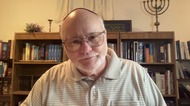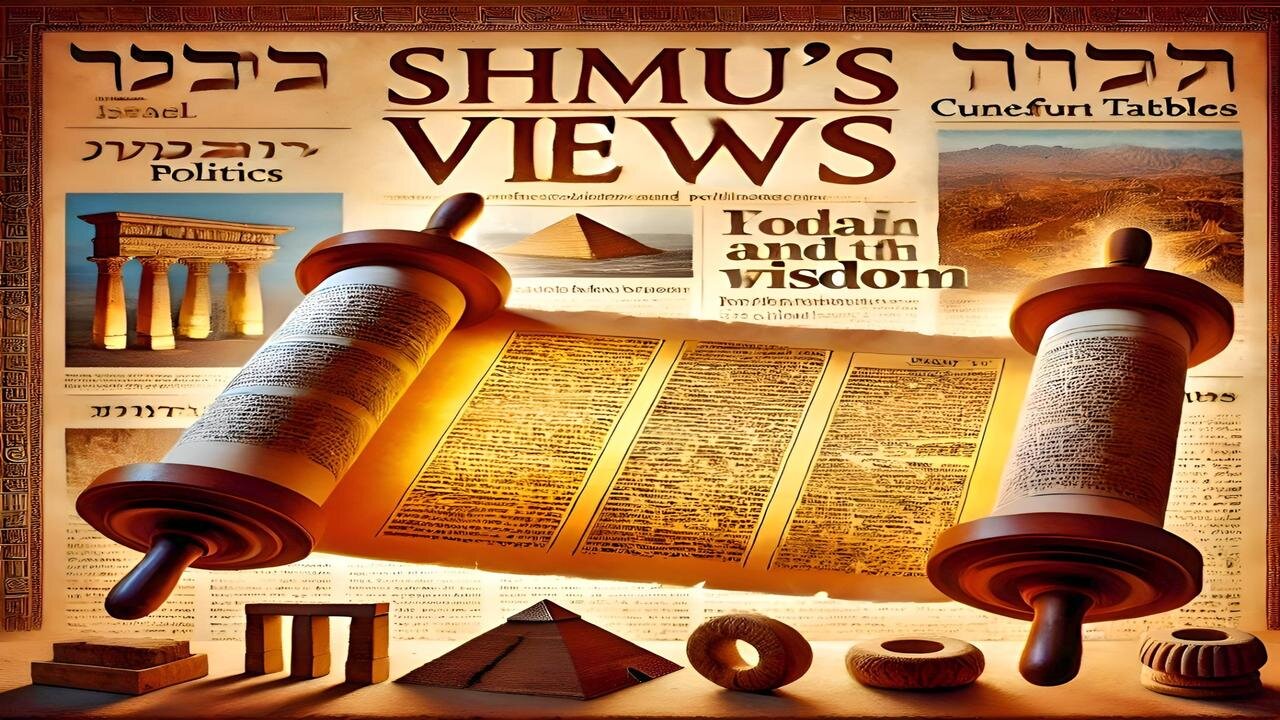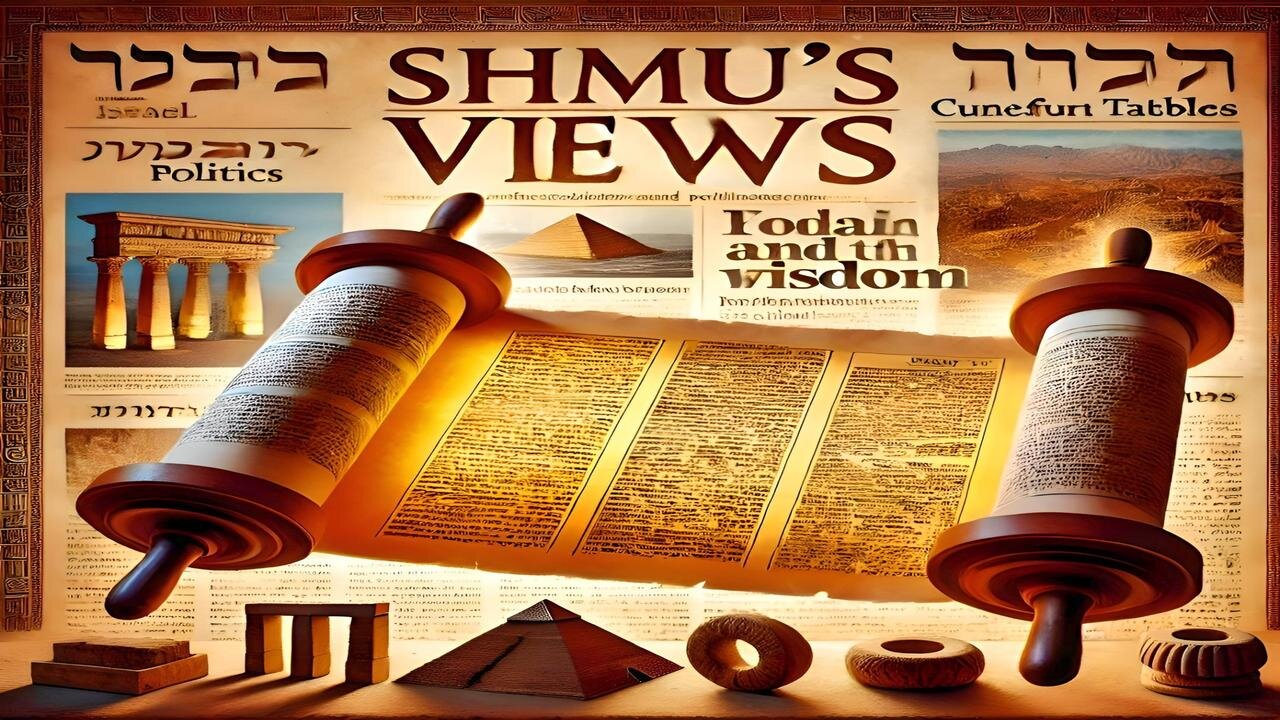
Reincarnation: A Jewish Perspective
By: Shmuel ben Shlomi
One of the oldest existing beliefs within the human experience is that of reincarnation; the return of the soul to a new and different physical body after that soul’s current physical body has died.
Since the dawn of the earliest civilizations — Sumer, Egypt and the Indus Valley we have writings that tell of the experience of the soul during its transition from this physical plane of existence, crossing over into a spiritual or purely soul state and at some point the soul returning to a physical body via the physical birth-life-death process over and over again. Some of the finer details will vary between cultures but the basic premise remains the same — Physical Birth-Life-Death-Physical Rebirth.
Even much older accounts found in pictographs, cave paintings, as well as the oral tales, myths and folklore of ancient humans in a time just post-Deluge when writing was invented (or re-invented) we have the same concepts of reincarnation threading throughout.
Each philosophy and religion born out of those cultures have differing views and ideas on just how reincarnation comes about, but the basic concept remains relatively the same throughout — the physical body dies, the soul contained within it moves on to the non-corporeal realm of souls, and then eventually is reborn into a new physical body to start the cycle over again.
What about Judaism? Does it have the idea of reincarnation within its framework? While one can search deeply into Torah for an upfront discussion on the concept of reincarnation, the exploration will leave one wanting. There is nothing specific in Torah, the prophets or writings about reincarnation or even the transmigration of souls. There are, however, subtle hints and references to it. For a more in-depth look at reincarnation from the Jewish perspective one will have to take a deep dive into the Kabbalistic teachings on the subject.
For a look at First Century CE Jewish views on reincarnation we will have to look not at Jewish writings but something in a Christian text (Gospel of John) about a Jew named Jesus from that time period, circa 27-33CE. It gives us a window into some Jew’s thinking of the time on the subject.
The story goes that one day when Jesus was passing by he saw a man who was blind since birth. Some of Jesus’ followers asked him as to the reason the man was born blind. Was it due to his sins or the sins of his parents. The question is a quite interesting one as it gives us a hint as to what seems was a common belief among First Century Jews living in Israel. They believed that if the reason for this man’s blindness since birth was due to his own sins then he must have lived a previous life in which the sins he committed in that life were, via karma, being worked out in this life resulting in his being born blind. Jesus does not correct them, nor does he tell them the man could not have sinned in a previous life since he had no previous life to sin in leading us to think that those Jews living in that time period had a grasp of some kind of reincarnation.
This Jewish view of reincarnation known as gilgulim was a very commonly held belief in Judaism dating back well before the First Century CE and well beyond that time as well.
The biggest difference between the Jewish idea of reincarnation and those of other cultures and religions is the ultimate God-ordained purpose for it. For Jews reincarnation has nothing to do with karmic debt or fatalism as understood within Buddhism or Hinduism and other Asiatic views but is a Divine method that allows the soul while housed in a physical body to work on (fulfill) the 613 Mitzvot outlined in the Torah, the Law of HaShem.
Fulfilling all the Law is not contingent for receiving some kind of “heavenly” award after death of the physical body but allows the soul to ascend in its relationship with the Divine and by free choice experience that awareness, both G-dly and self awareness on a much deeper and satisfying level while in the physical body.
Rabbi Yitzchak Luria probably explained it best when he stated that the reason souls must return time after time is in order to fulfill all 613 Mitzvot until that soul finally accomplishes the goal. There is no way any soul can adequately do this in just one short lifespan, therefore, the need to return over and over until it is finished.
As an example: Currently I am a Jewish man. Some of the commandments in Torah only apply to women. In order for me (a living soul - a neshama) to fulfill the mitzvot for women I must be in the physical body of a woman. Many of the commandments pertain to priests (Kohanim). I am not a Kohen now, but may have been in the past or may be in the future once the Temple Mount is regained under full Jewish control and the Temple rebuilt in the time of Mashiach. Using the Rabbi’s reasoning, which I agree with, it may take many or several physical lifespans (incarnations) to fulfill all the mitzvot and experience that unique one-ness with the Divine.
Once the real Mashiach arrives the need for reincarnation will be complete and souls will no longer experience the cycle of birth-death-rebirth as the resurrection of the soul in its permanent body will have occurred. Therefore, it is of paramount importance for each of us to be diligent in our efforts to freely choose to fulfill the mitzvot placed in our responsibility for the current life we live. The opportunity to do so is not an eternal one and does have a closure date.
For more on the Jewish concept of reincarnation I highly recommend the book by Rabbi Luria titled “Share Hagilgulim - Gate of Reincarnation.
Shalom!

Parshat Naso is the longest single parsha in the Torah, clocking in at 176 verses. That’s Torah’s way of saying, “Hey, you might want to take a long , serious and contemplative look at what you’re about to learn.”
Also on Substack: https://substack.com/home/post/p-165229596?source=queue
The 613 Commandments of Torah: Part 18 - the Blog
https://shmusviews.blogspot.com/2026/03/the-613-commandments-of-torah-part-18.html















